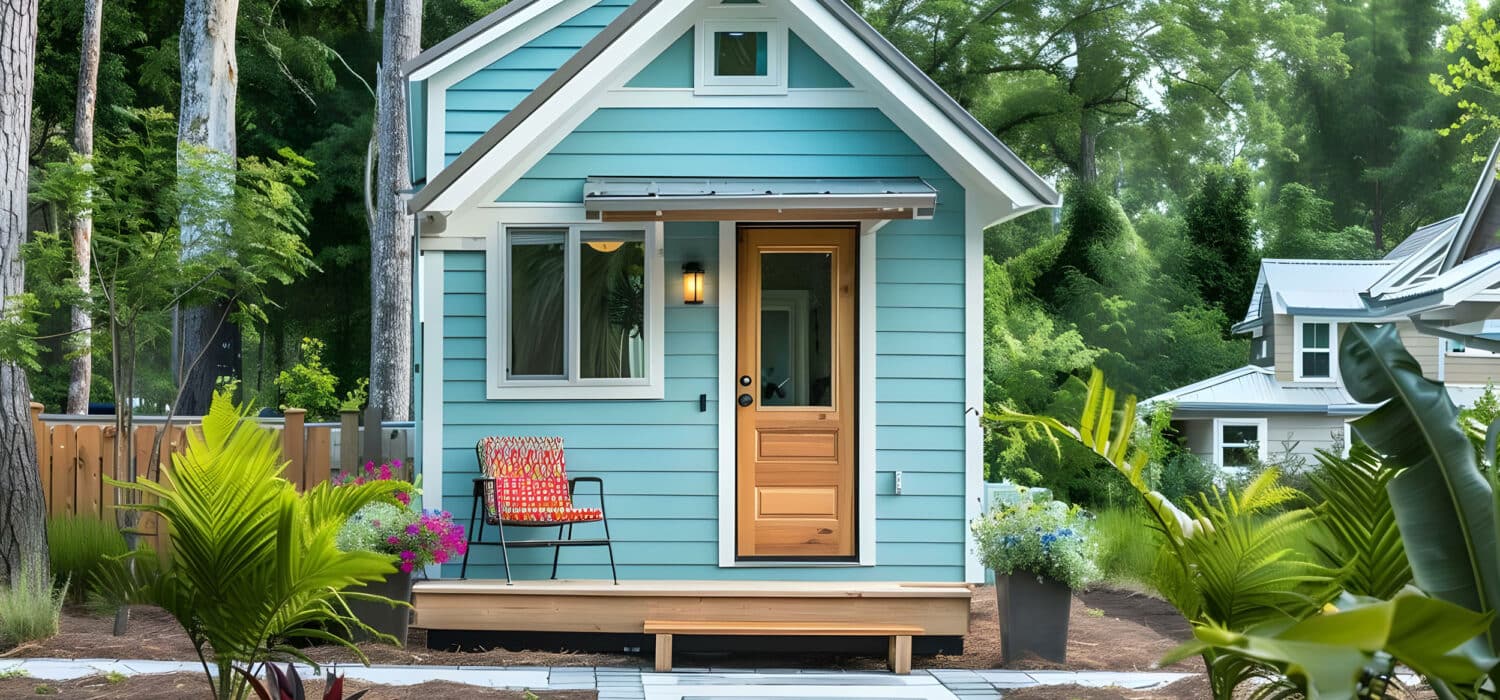Just two weeks after launching our ad campaign and petition to legalize ADUs in Huntsville, and two months after beginning to advocate for ADUs at City Council, the Planning Commission approved an ADU legalization ordinance. For a short video overview, check out my WAFF 48 News interview.
Al.com journalist Scott Turner wrote a fantastic plain-English translation of what exactly the ADU ordinance will legalize. Below I’ll pull out the parts I think folks most need to know, along with my thoughts on next steps.
First, Thomas Nunez, manager of planning services for the City of Huntsville, confirmed that Huntsville wants ADUs. The Planning Department has received a “plethora of calls over the years” wherein residents ask whether they could convert structures into an ADU. Up until now, the answer has been “No.”
City Communication Director, and Planning Commission member, Kelly Schrimsher, confirmed to Turner that Huntsville is behind other cities who have already legalized ADUs.
They’re currently legal in at least 10 states and the District of Columbia: Florida, Georgia, California, Connecticut, Maine, New Hampshire, Oregon, Utah, Vermont, and Washington. They’re also legalized in countless cities, including Minneapolis, MN; Austin, TX; Arlington, VA; and Durham, NC.
Now onto the nitty gritty details of the ordinance. Topline summary: It’s extremely restrictive.
First, it’s limited to three “primary” districts:
- Residence 1 district, which allows for a 15,000 square foot lot
- Residence 1A district, which allows for a 12,000 square foot lot
- Residence 1B district, which allows for a 7,500 square foot lot
This includes Monte Sano Mountain, Green Mountain, and Mount Charron. It also includes parts of Mountain Gap, as well as along Grizzard and Plummer Road in north Huntsville, and along Mastin Lake.
In those districts, a home must be on a lot that is 12,000 square feet or larger in order to be legally allowed to build an ADU. Any ADU cannot be larger than 60% of the main home’s habitable floor area. An ADU cannot be smaller than 500 sqft or larger than 900 sqft. Only one ADU per lot. Homeowners are not allowed to subdivide their primary residence to build an ADU. They also can’t built their ADU in front of or to the side of their primary residence. If you live on a corner lot, no ADUs for you. Your ADU can’t have a metal siding exterior. It cannot be a mobile home, house trailer, or a tiny home. Most distressingly, it cannot be a “manufactured home.”
Factory-built homes are often cheaper, with zero quality loss. Factories can take advantage of economies of scale when buying building materials. Another cost-cutting advantage is that many workers who can’t safely work at construction sites can work in factories. This is according to Bending the Cost Curve: Solutions to Expand the Supply of Affordable Rentals from the Enterprise and the Urban Land Institute’s Terwilliger Center for Housing.
Homeowners must ensure there’s off street parking for the ADU. Parking requirements are a terrible policy by every single possible objective measure.
“Parking is the single biggest land use in most cities,” said Donald Shoup, a research professor at the University of California, … “[T]here’s more land devoted to parking than there is to housing or industry or commerce or offices.” Required parking encourages driving.
Parking requirements also kill affordable housing. A single parking spot can cost $50,000 or more, significantly raising the cost of development. Why not build fast, reliable transit and dense, walkable neighborhoods instead of parking spots?
ADUs must be built on a foundation and must contain some of the same materials as the primary residence.
Huntsville’s zoning and planning departments will ensure ADUs comply with city ordinances. They’ll share this responsibility with whoever the city hires for the newly created affordable housing director position.
“This is very much a first step,” Schrimsher told Turner. “We will come back and amend as needed.”
Yes ma’am! We sure will.
